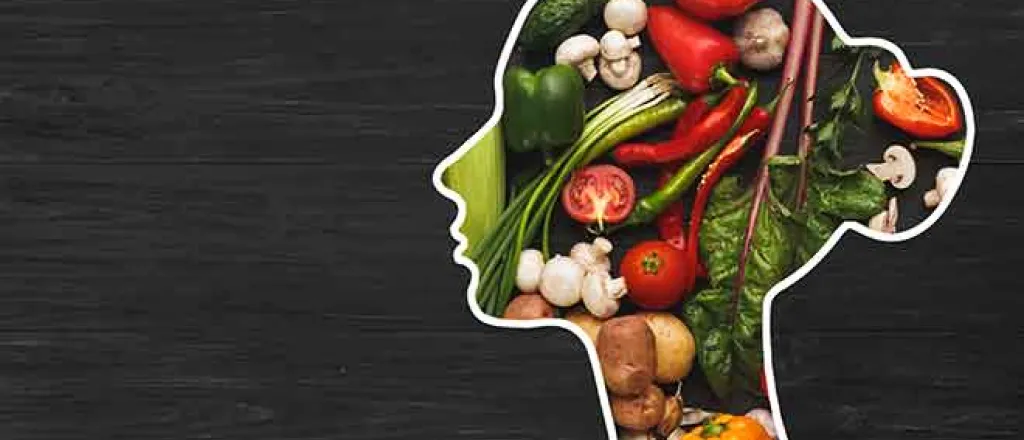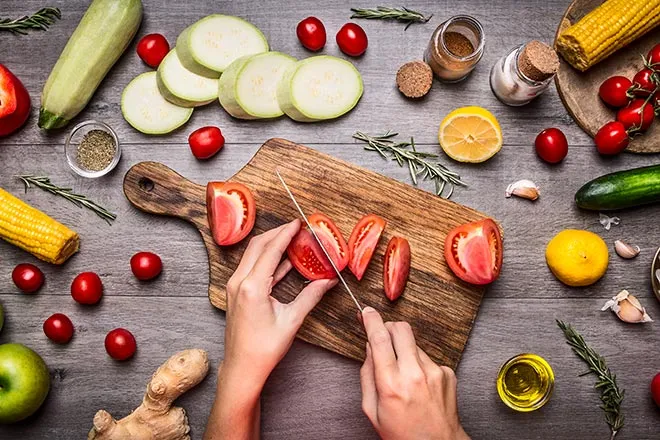
Dear Dietitian - Overcoming food addition
Dear Readers,
Many of us know someone who has struggled with an addiction. Perhaps a loved one has tried to quit smoking, or a friend is addicted to heroin or methamphetamine. The American Psychiatric Association defines addiction as a complex condition, a brain disease manifested by compulsive substance use despite harmful consequences. (1). Although food addiction is not included in the DSM (Diagnostic and Statistical Manual for Mental Disorders), it is estimated that as many as 20 percent of Americans struggle with some type of food compulsion (2).

iStock - Visivasnc
One may automatically assume that food addiction only affects overweight individuals; however, the scientific literature shows otherwise. While some individuals with obesity may display behaviors similar to individuals addicted to drugs [3], estimates suggest that only 24.9 percent of overweight/obese individuals report clinically significant symptoms of food addiction, and 11.1 percent of healthy-weight individuals also report these symptoms [2].
The topic of food addiction is controversial in the medical field. One criticism is the addictive ingredient has not been identified. It has been proposed that highly processed, highly palatable foods containing large amounts of fat and sugar can be addictive for some. But what exactly is in these foods that leads to addiction? One does not typically consume sugar or butter by itself, which makes identifying the addictive agent difficult.
Studies have found parallels between food addiction and other substance abuse disorders, such as opioid addiction. Some of these include:
- Changes in brain chemistry in response to the substance – For example, dopamine is released in response to certain foods. Dopamine is a chemical that plays a role in the reward center in our brain and allows us to feel pleasure. If we experience pleasure and reward, we are likely to repeat the behavior, possibly even to the point that it is no longer healthy.
- Preoccupation with the substance – One may obsess about a particular food, feel deprived of happiness without it, or experience cravings.
- Impaired control – Once the substance or food is taken in, it is difficult to control how much is used.
- Social impairments – This includes changes in your social activities for the sake of the addiction. For example, a person binges on a particular food, then spends hours exercising to burn off those calories rather than spending time with family and friends.
What do you do if you have a food addiction? If you can completely abstain from the problem food, that is your best defense. It may be difficult to abstain from sugar completely since it is in many foods. You can abstain from sweets or avoid foods with 5 grams of sugar or more per serving.
Another solution is a 12-step program, Overeaters Anonymous, which helps those with food addictions and eating disorders. Theirs is a spiritual (not religious) program similar to that of Alcoholics Anonymous. Go to oa.org or call 505-891-2664 to find a meeting near you.
References
- Parekh, R. (Jan 2017) Review of “What is Addiction?” Retrieved from https://www.psychiatry.org/patients-families/addiction/what-is-addiction
- Pursey K.M., Stanwell P., Gearhardt A.N., Collins C.E., Burrows T.L. The prevalence of food addiction as assessed by the Yale Food Addiction Scale: A systematic review. Nutrients. 2014;6:4552–4590. doi: 10.3390/nu6104552.
- Volkow N.D., Wang G.J., Tomasi D., Baler R.D. The addictive dimensionality of obesity. Biol. Psychiatry. 2013;73:811–818. doi: 10.1016/j.biopsych.2012.12.020.
Until next time, be healthy!
Dear Dietitian
Leanne McCrate, RD, LD, aka Dear Dietitian, is an award-winning dietitian based in Missouri. Her mission is to educate consumers on sound, scientifically-based nutrition. Do you have a nutrition question? Email her today at deardietitian411@gmail.com. Dear Dietitian does not endorse any products, health programs, or diet plans.


















